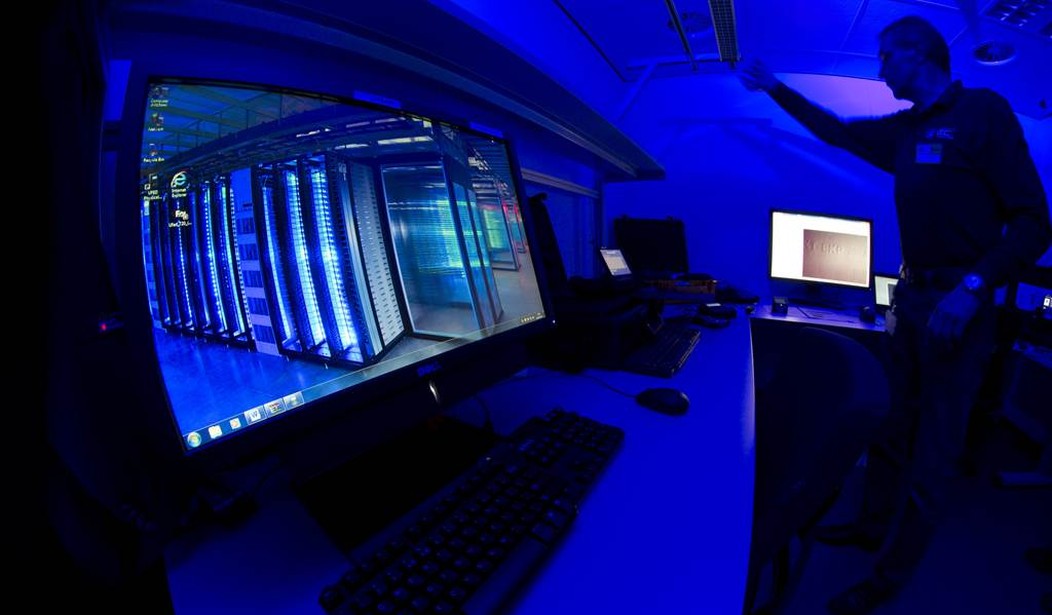It’s early, but no matter what happens around the world, or in the stock market, I’m confident in saying that 2015 will go down as the year of Cybercrime.
And, that’s major, considering the massive attacks last year that hit companies, such as Target and JP Morgan.
Despite the personal information of millions of customers that were compromised, it felt as though corporate America did not take this issue seriously.
However, now that we’ve learned banks may have lost $1.0 billion of its own cash, consumer anxiety can be expressed in that famous Verizon ad: "Can you hear me now?"
An infamous cyber gang used a sophisticated Trojan horse and hacked into bank employees’ and administrators’ personal information. Once inside, they gathered information, taking screen shots every 20 seconds to be able to impersonate personnel.
Armed with this power, the gang stole money through online banking, e-payment systems, and even dispersed cash at ATMs at pre-determined times.
Very disciplined, the thieves limited their intake to $10 million per bank. This isn’t just about stolen cash; the same technique and others are being used in the following:
- Cyber espionage
- Cyber mercenary attacks
- Hackactivism
- Ransomware

Internet banking is the wave of the future and the Internet of Things (IoT) will be a $1.7 trillion global juggernaut by 2019… but for any of this to work, we must feel secure. Right now, we have several cyber security ideas open and we salivate at the potential of online banking, and even more for the IoT, but this is a serious hurdle.
The Bottom of a Slippery Slope
Recommended
However, increasingly, it looks like crude may be finding a bottom; and I wonder if Saudi Arabia might be the one blinking now. Sure, the oil kingdom is flush with its wealth fund hold of $733 billion, which is more than enough to cover the $39 billion budget deficit for 2015. The nation still has to lay out $240 billion a year to meet obligations while its American rivals in the oil patch has more room to adjust to price and demand dislocations.
| Oil Cash of Titans in Billions | |
| Saudi Arabia | $733 |
| Exxon Mobile | $52 |
| Conoco Philips | $45 |
| Chevron | $43 |
Rig counts continued to freefall, down 98 last week, as job cuts are increasing and major construction projects are mothballed.

In addition, while the Saudis may be confident, its OPEC partners are in trouble...it is the U.S. production that is taking up the slack in meeting demand. The Saudis might have underestimated American producers. Sure, inventories will swell up, but maybe this game is over? I will be discussing this on my show tonight with a major industry executive.


























Join the conversation as a VIP Member